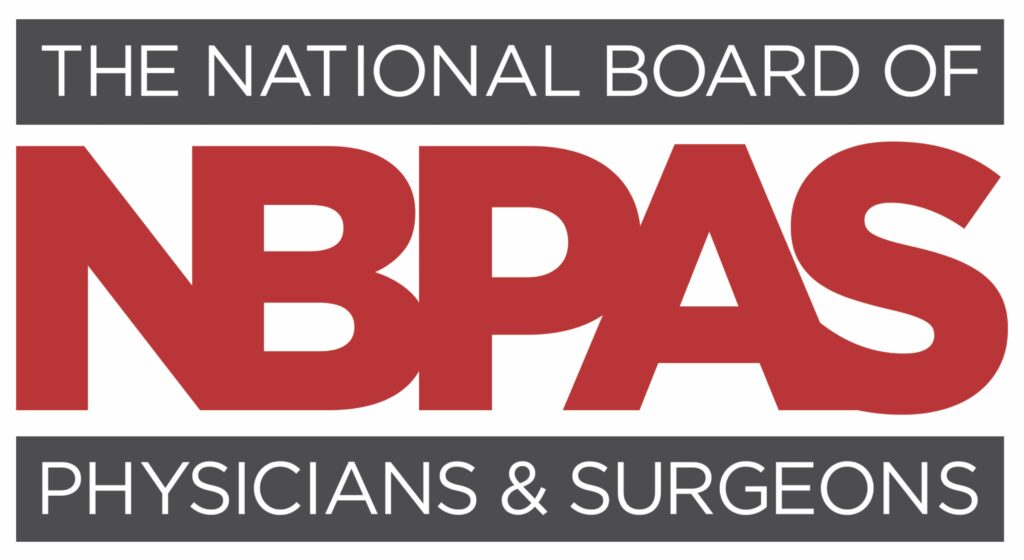Whether you have high blood pressure or not, it is important to understand the dangers and know how high blood pressure can affect you or your loved ones. According to the Centers for Disease Control and Prevention (CDC), about 70 million American adults have high blood pressure – that’s 1 of every 3 adults. Although high blood pressure is most common in adults, it can affect children too.
Blood pressure is the force of blood pushing against the wall of the arteries as the heart pumps the blood. If this pressure elevates and stays high over time, it puts strain on the heart and blood vessels, which can cause damage to the body in many ways. This condition is diagnosed as high blood pressure or hypertension and may lead to coronary heart disease, stroke, kidney failure, as well as other health problems. The CDC has reported that about 1 of 5 American adults with high blood pressure still do not know that they have it and nearly 1 of 3 have pre-hypertension – blood pressure numbers that are higher than normal, but not yet in the high blood pressure range.
Many of us get our blood pressure taken at a doctor’s office or the local drug store, but have little knowledge of what the numbers actually mean. You can have high blood pressure for years without any warning signs or symptoms. Even without symptoms present, this puts undue stress on the cardiovascular system. Regular check-ups with your health care provider can help detect pre-hypertension or hypertension.
With a little understanding and some knowledge on how our lifestyle affects the numbers, we can improve our odds against hypertension. During each heart beat our blood pressure varies between a maximum (systolic) and a minimum (diastolic) pressure. In a blood pressure reading, systolic pressure is represented by the top number and the diastolic pressure is represented by the bottom number. You most often will see blood pressure numbers written with the systolic number above or before the diastolic number, such as 120/80 mmHg. The mmHG is millimeters of mercury- the units used to measure blood pressure. The table below shows normal blood pressure numbers for adults. It also shows which numbers put you at a greater risk for health problems. Insert chart.
Lifestyle plays an important role in reducing your high blood pressure. If you successfully control your blood pressure with a healthy lifestyle, you may avoid, delay or reduce the need for medication. There are several things you can do to keep your blood pressure in a healthy range.
Get your blood pressure checked regularly. Make sure you have your blood pressure checked annually by your health care provider. If you have already been diagnosed with heart disease or other risk factors for heart disease you should be monitored more closely.
Maintain a healthy weight through diet and exercise. The more you weigh the more blood you need to supply oxygen and nutrients to your tissues. As the volume of blood circulated through your blood vessels increases, so does the pressure on your artery walls. Losing as little as 10 pounds may help lower your blood pressure. In general, the more weight you lose, the lower your blood pressure. Losing weight also makes any blood pressure medication you are taking more effective. In addition to a healthy diet, a daily dose of ‘good bacteria’ or probiotics could help to lower blood pressure, particularly in people with higher readings, according to a study from the Griffith Health Institute and School of Medicine in Australia. One theory is that the ‘good’ bacteria counteract the inflammatory process linked to heart disease.
Reduce Stress. Awareness is key here. First recognizing that you are stressed and secondly being aware of how you handle that stress. In today’s fast pace environment, people are either over or under exercising, eating on the run, and juggling too many things. This can put additional stress on the body. Stress comes is several forms- physical, chemical, and mental. It is difficult to completely eliminate stress, however, there are many ways we can reduce our stress or at a minimum decrease our reaction to certain stressors that will have a positive impact on our overall health. A recent study by Brown University found that people who are ‘mindful’ (they have a heightened sense of what they’re feeling and thinking at any given moment) are 83% more likely to have a healthy heart. Practices such as meditation, deep breathing, yoga and Pilates are very helpful in helping bring awareness to our stress levels.
Cori Colombe, BS, CHC

